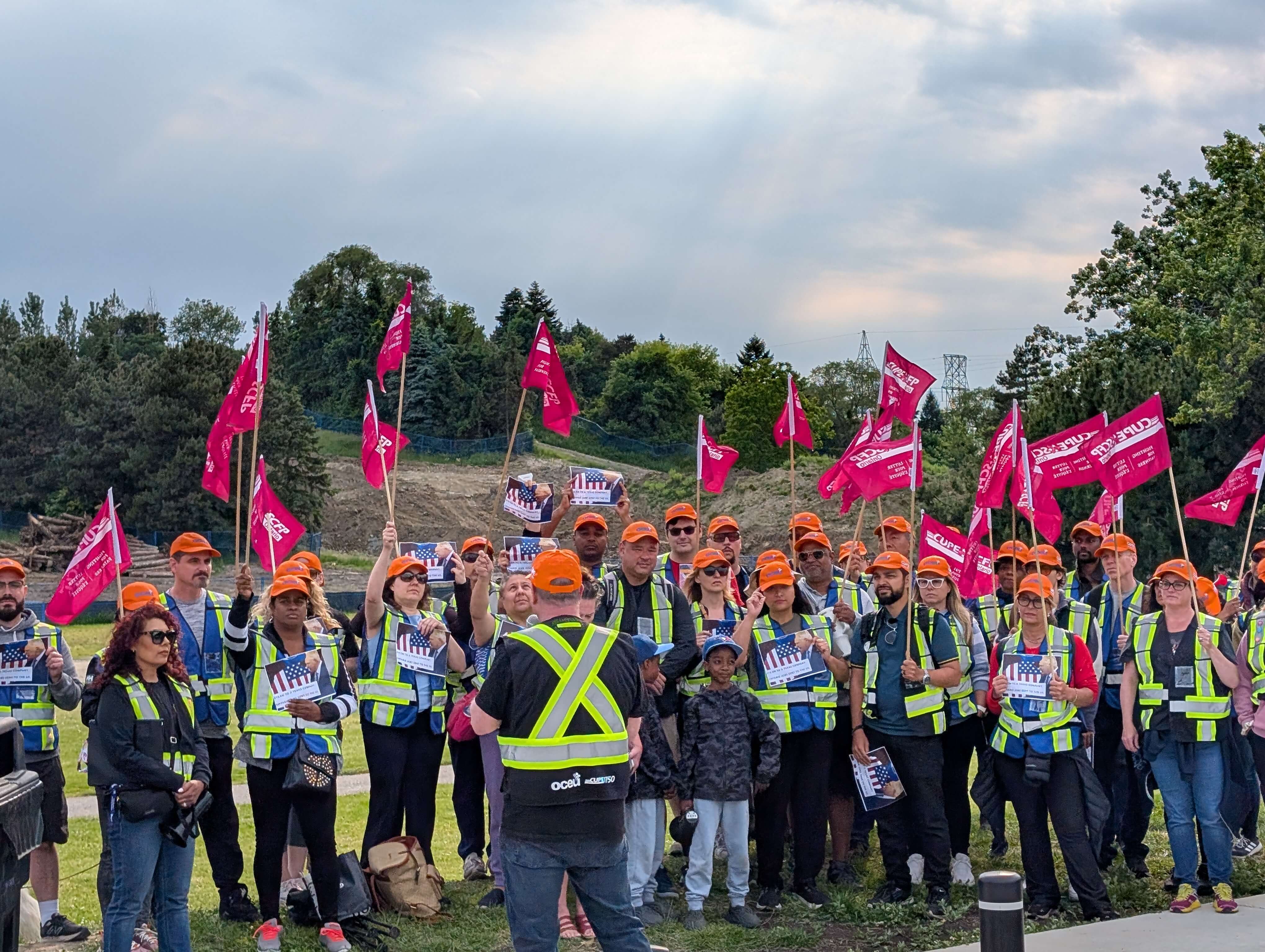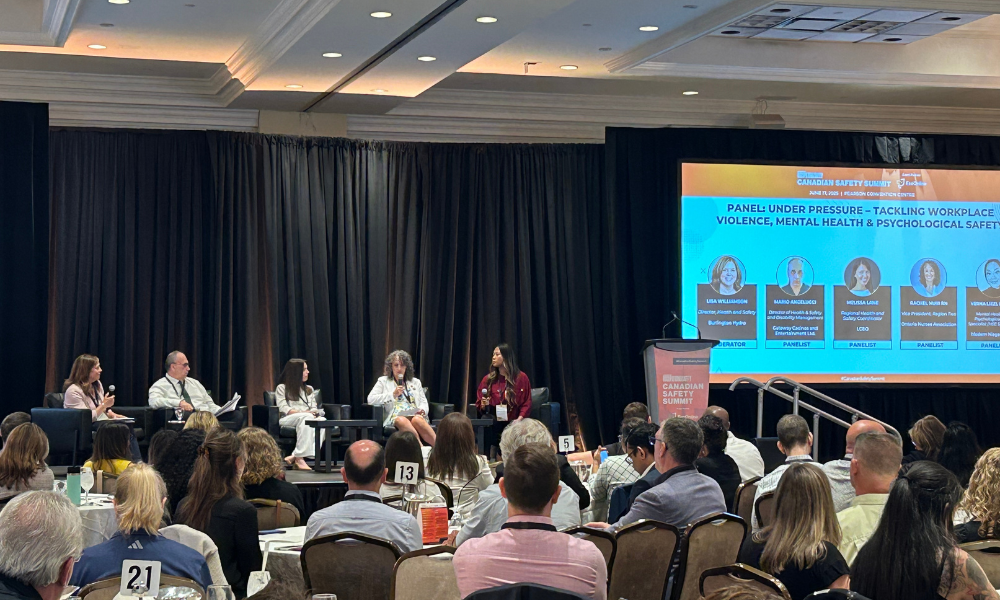Driver punched in the face by passenger has WCB claim denied

The safety of gig economy workers is in the spotlight, after an Uber driver was assaulted by a passenger in Abbotsford, British Columbia.
“Companies like Uber are built on a business model that relies on cutting costs by denying their workers basic employment protections, like workers’ compensation,” reads a statement to Canadian Occupational Safety from Sussanne Skidmore, president of the BC Federation of Labour (BCFED).
The renewed call for safety improvements stems from an incident that took place on April 18. Video shows Uber driver, Aman Sood, being punched in the face by his passenger.
#SHAMELESSUBER #SHAMELESSGOVERNMENT How much more do we need to Suffer every day no security, no benefits Half of the trip money taking by Uber/lyft. Every single day, we ask for help, but no one is here to help Uber/lyft/ Skip /Doordash drivers .what a shame for Canada 🇨🇦 pic.twitter.com/8MEgfxZmPz
— Kuljeet Singh (@Kuljeet123r) April 22, 2023
Sood tells CTV News, the violent outburst started with a disagreement over the route suggested by the Uber app.
Abbotsford Police Department issued a statement saying 38-year-old William Tickle was arrested on Thursday April 27, and has been charged with assault causing bodily harm and uttering threats. Sood says the attack has left him scared and shaken, and he’s not sure if he will drive for Uber again.
Before the arrest was made, Sood and Skidmore met with B.C. Labour Minister Harry Bains to highlight the plight of gig and app-based workers, and advocate for basic workplace protections.
“By claiming workers like Aman are outside of the workers’ compensation system, they duck responsibilities like reporting incidents like this to the WCB, investigating them and conducting risk assessments, creating safety plans and developing a violence prevention program,” says Skidmore.
Sood did file a claim with British Columbia’s WCB, and it was denied. Skidmore wasn’t surprised and says gig economy workers are at a greater risk because they do not have safety plans in place and when they are injured, they don’t receive compensation for their lost income.
“They don’t get help with their treatment and recovery. And they don’t get the kind of support that puts them back on the path to returning to work,” claims Skidmore, who says companies like Uber and DoorDash benefit from workers operating in a safety grey zone.
“It’s time the government makes it clear that these workers are covered by WCB, employment standards, EI, CPP and all the other protections other workers can count on. And let’s use the systems we have in place now, instead of letting these giant app companies create a two-tiered system.”
Skidmore also notes a recent Research.co poll found 74 percent of British Columbians surveyed said gig workers should be entitled to basic employment protections.





